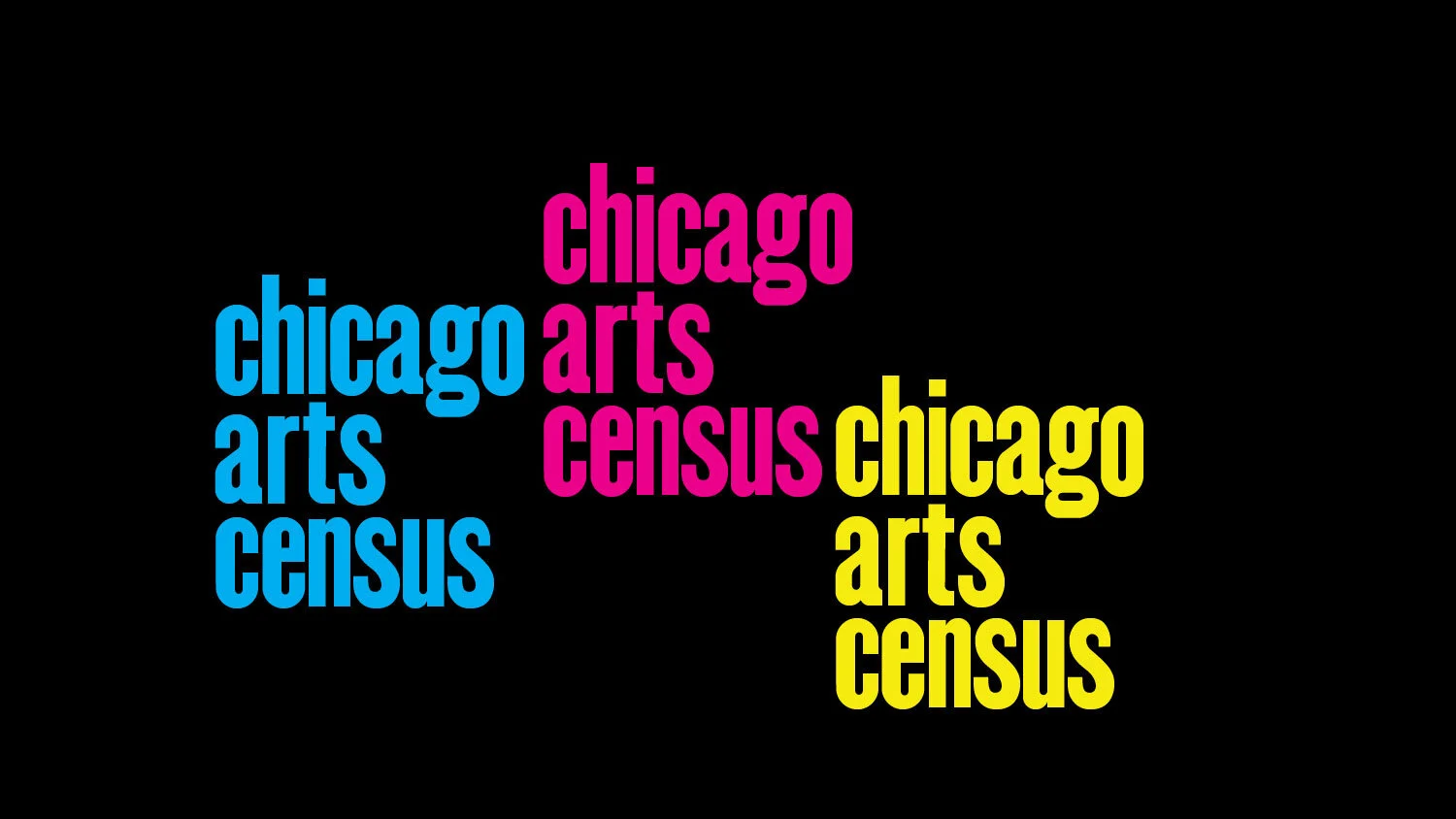Art at the Center: Equity, Care, and Transformation
Examining financial realities of Chicago area arts workers and a look at what can happen when arts workers are supported
Calls for reform in the arts sector didn’t begin with COVID-19, but the pandemic amplified them. Today, those calls are impossible to ignore.
A growing body of local and national research and firsthand accounts point to a critical truth: equitable pay and investment in the health and development of arts workers are not “optional”—they are foundational to a sustainable and vibrant cultural sector.
Key findings from data collected by the Chicago Arts Census, gathered from 2019-2022 and posted in March 2025, offers a sobering snapshot of financial challenges facing arts workers in the Chicago region. Challenges include:
Payments to arts workers are often not timely. While 95% of respondents reported receiving compensation for their work in the arts, only 55% indicated receiving it on a timely basis—with 10% indicating they are never paid on time.
Arts workers indicate discrepancy between value of work and payment. Forty-two percent of arts workers said they are rarely or never paid appropriately for their labor.
Arts workers have considerable personal debt. Thirty percent of respondents indicated having $75,000 or more in debt.
These financial challenges, among others, result in some arts workers also experiencing career challenges and health-related concerns. For example, 74% of survey respondents indicated having limited or no opportunities for career growth, while 33% said that they cannot take time off without experiencing negative consequences.
When arts workers are offered equitable compensation and the space to prioritize self-care and artistic growth, the work they create may feel and be experienced as more resonant, innovative, and deeply personal. Rather than producing solely for commercial value, they may be able to create from a place of fulfillment—resulting in work that reflects their identities, communities, and lived experiences.


Snapshots: Impact from Seven Platform Award Recipients
Recent examples from Chicago’s performing arts scene illustrate the transformative impact of art worker support. Recipients of the 2024 Walder Foundation Platform Awards, which recognize and uplift local artists, have demonstrated how investment in arts workers creates personal and public benefit for the artist, arts sector, and beyond.
Lili-Anne Brown, a theater director known for facilitating dynamic storytelling and for her commitment to mentorship, has helmed “Two Trains Running” (January – May 2025, national tour) and “The Color Purple” (June – August 2025, Goodman Theatre) in 2025. Her leadership extends beyond the stage as she actively nurtures emerging talent, creating pathways for young artists to grow under her guidance. As reported by WBEZ and the Chicago Sun Times in June 2025, Brown’s approach enables artists to feel seen, rise to the occasion, and to shine. This exemplifies how mentorship can be a form of artistic care—one that strengthens the entire ecosystem.
Composer and bassist Matt Ulery and dancer and visual artist Brendan Fernandes engage in genre-spanning collaborations and interdisciplinary works. Ulery blended various genres like classical, jazz, and punk during an April 2025 residency at Hungry Brain and will blend berimbau and chamber music in the upcoming Ear Taxi Festival. Brendan Fernandes weaves together performance, sculpture, photography, and more, including in his upcoming exhibit with the Susan Inglett Gallery. These efforts not only expand artistic boundaries, but they also foster a culture of mutual support and creative exchange among a variety of arts workers.
Myra Su, a puppetry artist, is helping to elevate the medium within Chicago’s arts landscape. Her shadow, crankie, tabletop, and film work, including her co-curated puppet slams (follow on Instagram for more) and upcoming shows with Manual Cinema (October 17 and 25, 2025), advocate for puppetry as a serious and sustainable art form. This helps situate fellow professionals in the field, over the long-term, with a possibility to thrive without compromising their artistic integrity.
Robyn Mineko Williams and Sandra Delgado are exploring themes of identity, grief, and community reprieve through their performances. Learn more about Mineko Williams’ upcoming “To Leave You,” a performance offered through Chicago Performs at the Museum of Contemporary Art (MCA), and Delgado’s world premiere of “Hundreds and Hundreds of Stars” with Timeline Theatre Company. This work offers audiences a space to process complex emotions and find connection—an increasingly vital function in today’s social climate.
Vershawn Sanders-Ward is using her platform to advocate for community needs and systemic change. Her work, including “Freedom Square: The Black Girlhood Alter,” which will premier during Chicago Performs at the MCA, blends dance, song, digital media, and the built environment to bridge artistry and activism. Ward’s work highlights the role of the artist not just as a creator, but as a catalyst for transformation, alongside how art can be a powerful tool for civic engagement and identity exploration.
As conversations around equity and sustainability in the arts continue, the experiences of these artists offer a compelling case for reimagining how we value and invest in the people behind the art.
Please note: To learn more about these and fellow members of the 2024 Platform Award cohort, sign up for Walder Foundation’s e-newsletter, follow our social media channels, and visit the Platform Awards website.
Stay engaged with efforts from our Performing Arts pillar: walderfoundation.org/performing-arts
Get more stories like this delivered to your inbox.
Sign up with your email address to receive news and updates.











